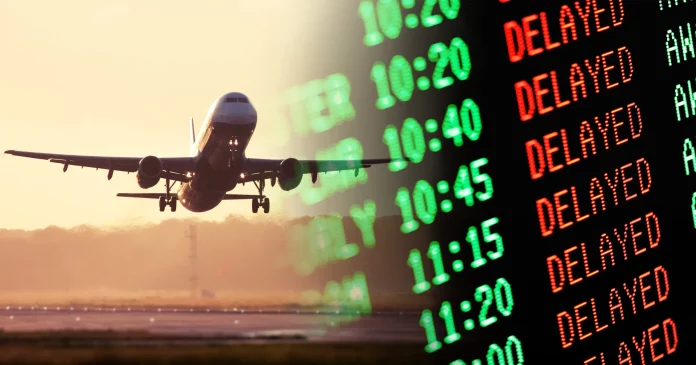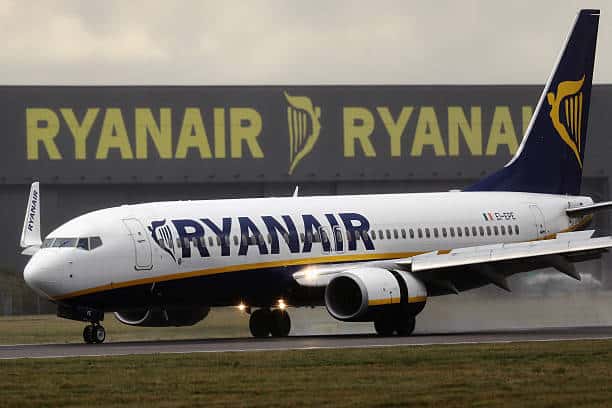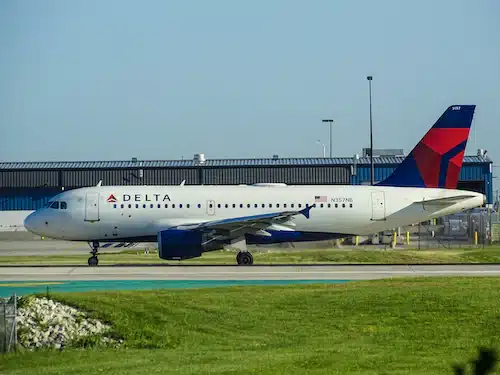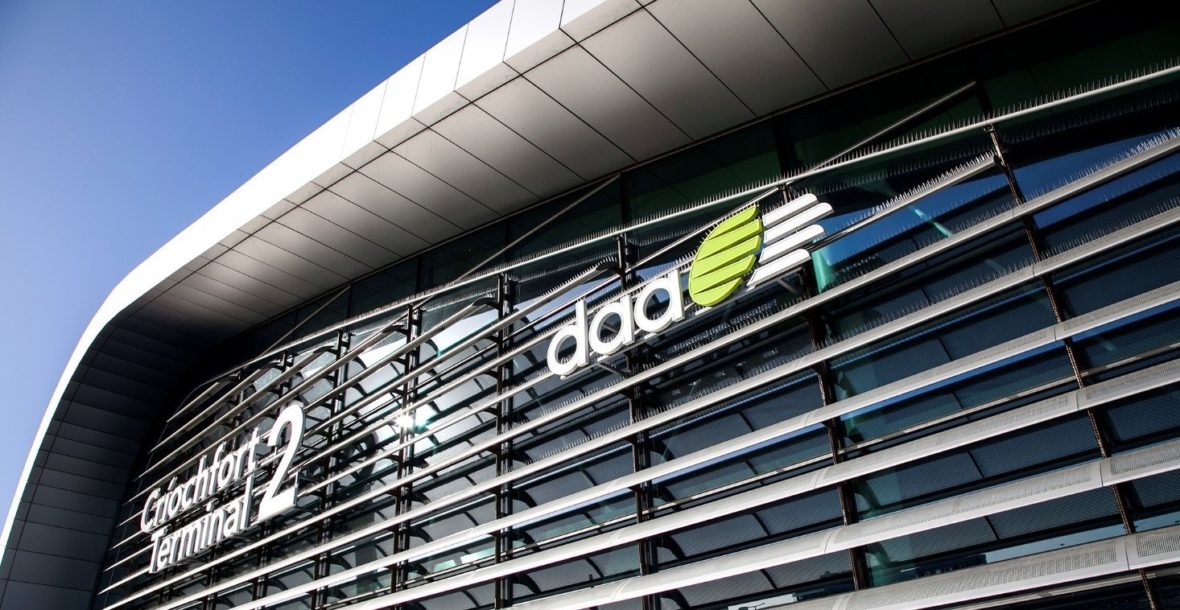
Passengers are being advised to continue to arrive early at their designated airport and to expect flight delays, despite a fix being deployed to correct a global IT tech outage which crashed the online systems of many big industries – from aviation to telecommunications, and media companies to banks.
Ryanair, this morning, said its systems had crashed, across its pan-European network, and had strongly advised passengers to arrive early for their flights and expect delays. For much of Friday, all check-in for flights and booking for flights was being done manually at airports, where possible. However, towards late afternoon many airlines were back online with virtual booking and check-in services resuming.

Ryanair, earlier, said in a statement: “We’re currently experiencing disruption across the network, due to a global third party IT outage, which is entirely out of our control. Booking and check-in are currently unavailable. If you are due to travel today (19 July) and have yet to check-in for your flight, you can do so at the airport.”

London Stansted – which is Ryanair’s largest hub in the UK and where its Dublin route is among the airport’s most popular – said check-in services were having to be done manually since the outage.
The outage is not being treated as a malicious cyberattack event; but rather as knock-on effects of a major IT software crash at US cybersecurity giant CrowdStrike.
CrowdStrike has blamed a “defect in content update for [Microsoft] Windows [software]” for the issue, and stressed that it was not a cyberattack.
On Friday afternoon, CrowdStrike CEO George Kurtz took to X to say: “This is not a security incident or cyberattack. The issue has been identified, isolated and a fix has been deployed.”

Nevertheless, the effect has been chaotic – with some major European airports, Berlin Brandenberg and Amsterdam Schiphol, most notably, largely grounding all operations.
Major US airlines – Delta Air Lines, United Airlines and American Airlines, included – grounded flights earlier today.

Meanwhile, all Spanish airports said they have been impacted and the aviation effect also hit as far away as India and Singapore, with airports there also seeing disruption.
In Ireland, Aer Lingus said it had not been impacted by the IT crash. Belfast International Airport said flights have been operating, but there have been delays.
A spokesperson for Belfast International Airport said, this afternoon: “The Airport remains operational with airport systems up and running and passengers being processed as normal. Passengers should, however, continue to check with their airline for the latest updates on their flights as delays can be expected.”
Dublin Airport – which boosted its staff numbers to help with the added pressure – said earlier today: “Due to a global IT issue, some airlines are experiencing issues with their check-in processes this morning. Passengers are advised to stay close to their airlines via their websites and social media feeds, for advice and updates on specific flights.
It added that its standard passenger advice still applies: “Arrive 2 hours before a short haul flight and 3 hours before a long-haul flight. Dublin Airport has deployed additional staff in the terminals to help airlines and passengers. We thank everyone for their patience.”





